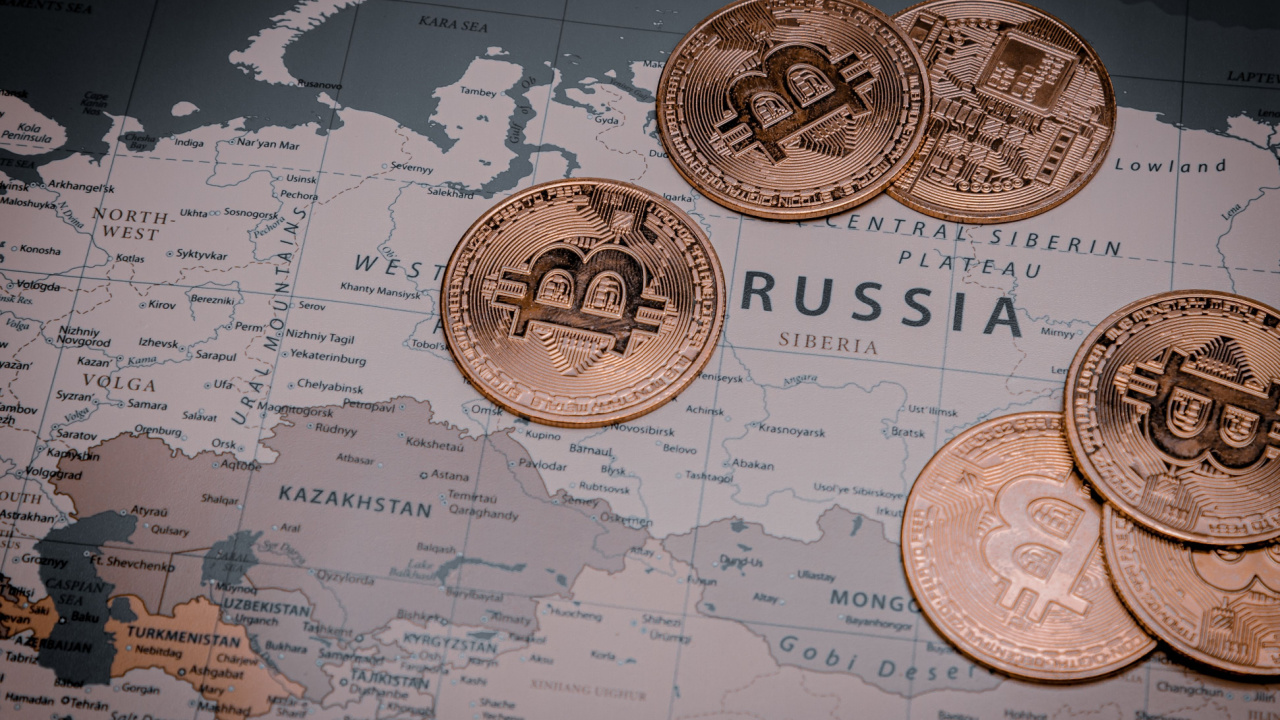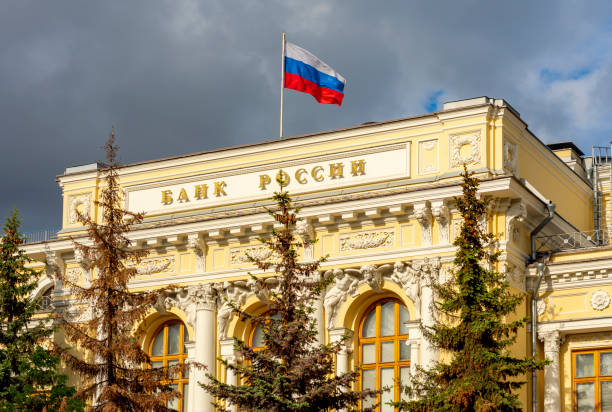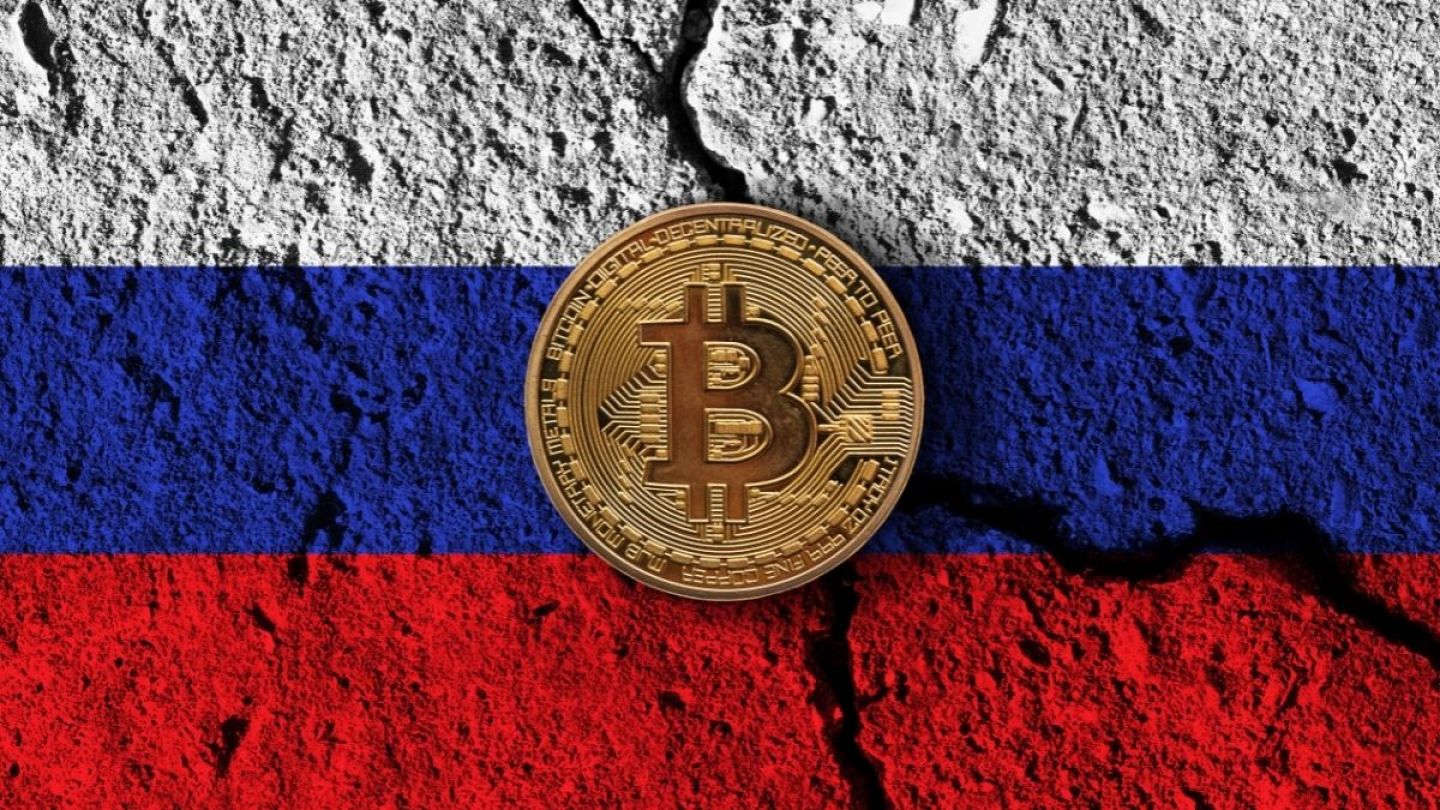Key Points:
- Russia’s lower house of Parliament approved a new law for international crypto payments.
- Russia’s central bank aims to use crypto for cross-border transactions by the end of 2024.
- The shift comes as Western sanctions tighten against Russia.
Russia’s Move to Crypto for International Payments

Russia is taking a significant step by allowing the use of cryptocurrencies for international payments. As the country faces mounting financial pressure from Western sanctions, this move could reshape its economic landscape. On Tuesday, the State Duma, the lower house of the Russian Parliament, gave the initial approval to legislation permitting businesses to use cryptocurrencies for cross-border trade.
The Central Bank’s New Direction

Russia’s central bank, which previously opposed cryptocurrency, is now looking to adopt it for international payments. Central bank governor Elvira Nabiullina announced that crypto-based payments could begin by the end of 2024. This marks a significant shift from the bank’s earlier stance, where it proposed banning crypto transactions and mining due to concerns over financial stability and citizens’ wellbeing.
Impact of Sanctions on Russia
The move to embrace cryptocurrency comes as Russia grapples with severe sanctions from the US, EU, and other Western allies. These sanctions were imposed in response to Russia’s invasion of Ukraine in February 2022 and have targeted President Vladimir Putin, the financial sector, and numerous oligarchs. The financial isolation has compelled Russia to explore alternative payment methods, with crypto emerging as a viable solution.
Real Questions Facing the Audience
Why is Russia turning to cryptocurrency now?
- The sanctions have significantly restricted Russia’s access to traditional financial systems, prompting the need for alternative solutions.
How will this affect global crypto markets?
- Russia’s move could increase the demand and usage of cryptocurrencies, potentially driving up their value and influencing global crypto market dynamics.
What are the risks and benefits of using crypto for international payments?
- Benefits: Enhanced transaction speed, reduced reliance on traditional banking systems, and increased financial privacy.
- Risks: Volatility in cryptocurrency values, regulatory uncertainties, and potential for misuse in illicit activities.
Navigating the Shift: A Closer Look
Russia’s legislative shift towards cryptocurrencies is a bold move in the face of intense financial pressure. Here’s what this could mean:
A Historical Decision
Anatoly Aksakov, head of the Duma, described the decision as historic, indicating the country’s strategic pivot in the financial sector. The legislative change signifies a broader acceptance and integration of digital currencies in Russia’s economy.
Experimentation and Implementation
Nabiullina mentioned ongoing discussions with ministries, departments, and businesses about the terms of this experiment. The central bank plans to move money across borders using crypto before the end of 2024. This transition from traditional to digital transactions could be a game-changer for Russia’s economy.
The Digital Ruble Initiative
In addition to adopting cryptocurrencies, Russia is also exploring the implementation of a digital ruble. Unlike cryptocurrencies like Bitcoin, which operate without central authority, central bank digital currencies (CBDCs) are issued by governments. Russia aims to move from a pilot phase to mass implementation of the digital ruble by July 2025, according to Interfax.
Real-Life Examples and Implications
Imagine a small Russian export business struggling due to banking sanctions. By adopting crypto payments, this business can bypass traditional financial barriers, continuing its operations and maintaining international relationships. This micro-level change can have macroeconomic implications, potentially stabilising sectors affected by sanctions.
Can Crypto Help Countries Evade Sanctions?
Other nations under sanctions have also turned to cryptocurrencies. North Korea has been accused of using crypto to fund state programs and evade sanctions. The infamous Lazarus Group, linked to North Korea, executed a massive $600 million heist on the Ronin Network, highlighting both the potential and risks associated with crypto.
Transparency vs. Illicit Use
While proponents argue that cryptocurrencies can counter illicit activities due to their transparent nature, critics point out the ease with which these assets can be used for illegal purposes. Blockchain technology, underpinning most cryptocurrencies, offers a public, immutable record of transactions, providing a measure of security and accountability.
The Road Ahead
Russia’s adoption of cryptocurrencies for international payments is a significant pivot in response to global economic pressures. This strategy could provide a template for other nations facing similar challenges. However, the success of this move will depend on various factors, including regulatory frameworks, market acceptance, and technological infrastructure.
Conclusion
Russia’s decision to use cryptocurrencies for global payments marks a historic shift in its financial strategy. As the country navigates the complexities of sanctions, this move could redefine its economic interactions on the global stage. The world will be watching closely to see how this experiment unfolds and what it means for the future of international finance.
Photo credit: Cointelegraph



